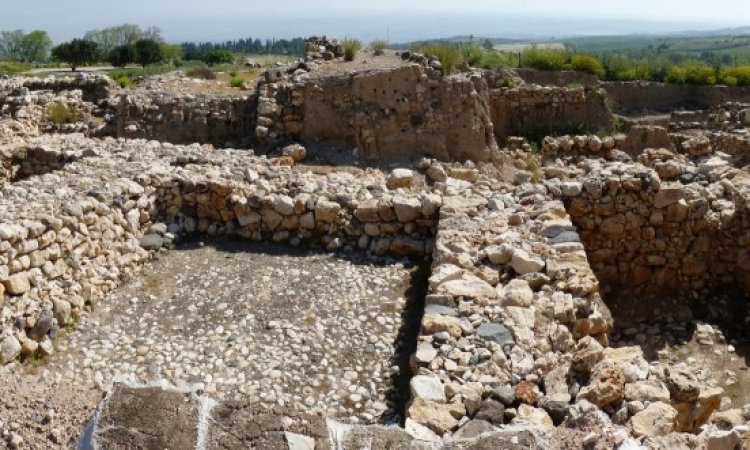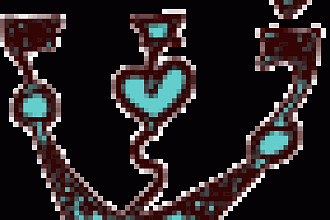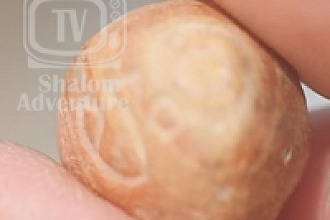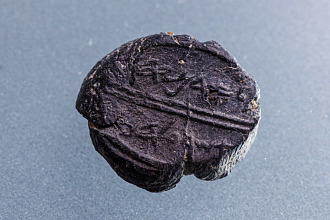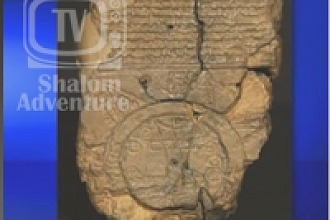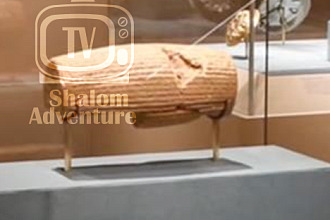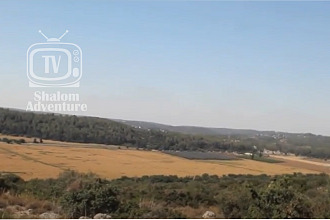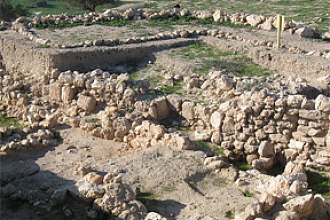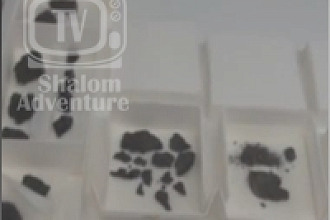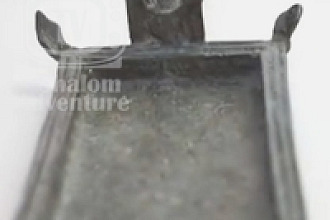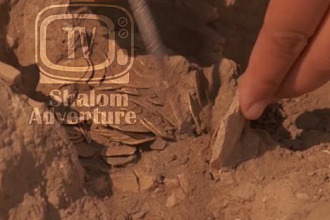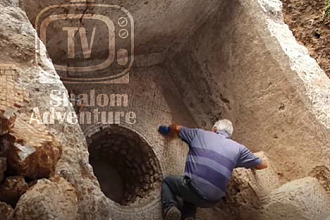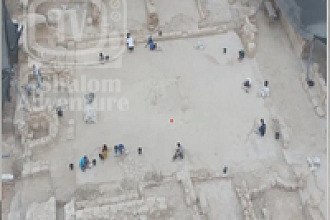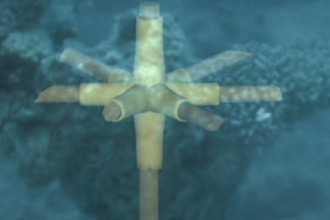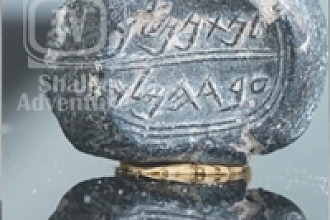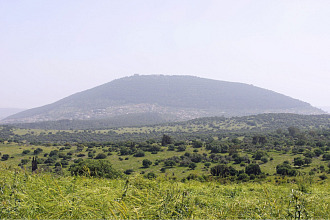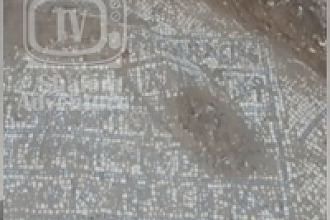Traces of burnt wheat found in Israel's Upper Galilee are evidence of the 13th-century-BCE Israelite conquest of the Promised Land, an archeologist said.
Tel Hazor, a national park, has long been recognized as one of the country's most important archaeological sites. From the 18th to the 9th centuries BCE, it was the largest fortified city in the country and had commercial ties with both Babylon and Syria. The Book of Joshua describes Hazor as the "head" of several kingdoms that united to fight the Israelites. In 2005, Tel Hazor was designated a UNESCO World Heritage Site.
In recent years, the archaeological digs at Tel Hazor revealed a monumental structure, which scholars believe was the royal castle of Hazor, dating back to the Canaanite Period (third to second millennium BCE).
Read full article here
Posted on Shalom Adventure by: Verna-Lee Small
Come join us for an exciting trip to Israel in 2014. For more information, click here

